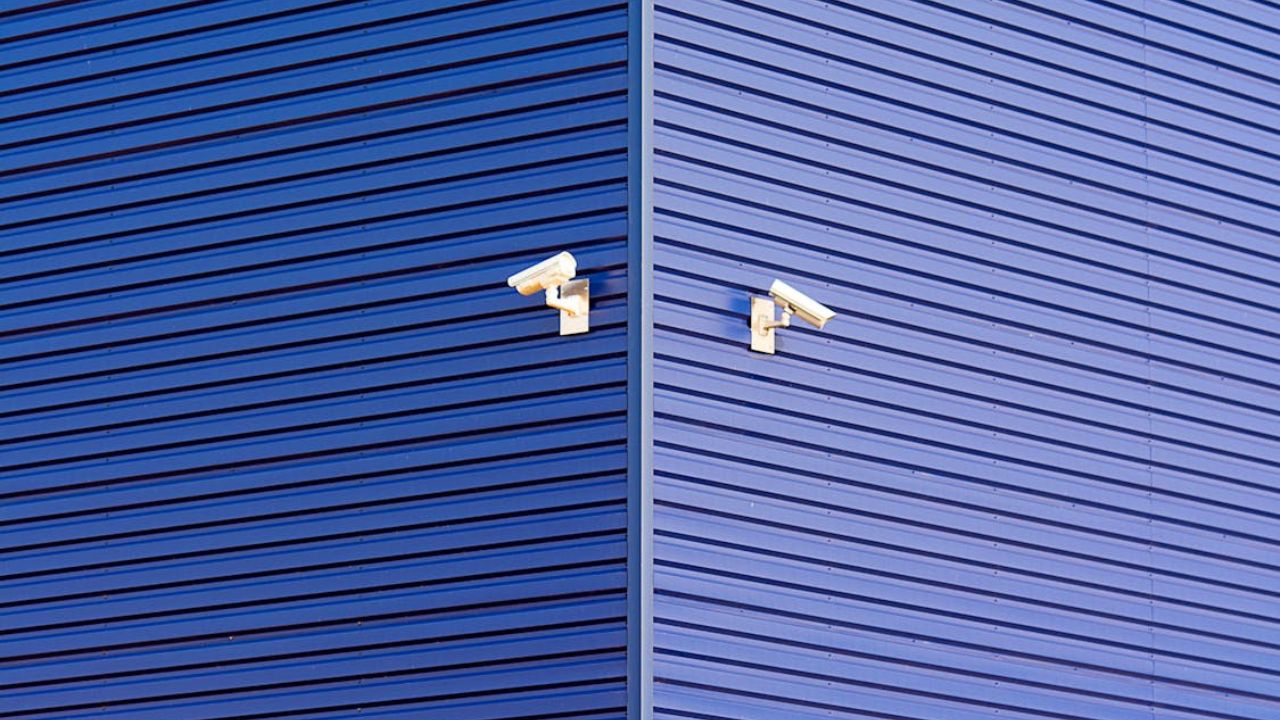As a business owner, the safety and security of your commercial property should be one of your top priorities. After all, your premises contains valuable assets like stock, equipment, and sensitive data that you want to protect. A security breach could lead to loss of property, data, and even halt your operations which can have a major financial impact.
While no security system is impenetrable, there are several steps you can take to deter criminals and minimise risks. This article will explore some of the best security tips and practices that UK businesses should implement for optimal protection.
Securing Doors and Windows
Doors and windows are common entry points for burglars if left unsecured. Make it harder for them to gain unauthorised access by implementing these security measures:
Install heavy-duty external doors made of solid wood or steel or upgrade existing doors by applying metal sheeting. Use anti-bump, anti-snap, and anti-drill locks to thwart lock picking and forced entry, and choose locks certified to UK standards. Fit doors with four-way locking bolt systems engaging the top, bottom, left and right edges of the door frame. Install security meshes or grilles behind the final exit door to block access if the main door is breached. Have an intruder alarm that triggers upon any unauthorised door opening.
For windows, replace normal glass in ground floor windows with laminated or toughened safety glass, which is much harder to smash. Key-operated window locks protect sash windows and casements. Window grilles, bars and security screens firmly secured to the window frame deter intruders but still allow emergency exits. Restrict how far windows can open using limiter devices to block access but still allow ventilation. Prickly thorny bushes planted under windows act as natural deterrents.
Installing Roller Shutters
Roller shutters, such as the ones from Pressford Shutters, are one of the most effective ways to secure commercial premises. These are metal curtains that can be pulled down and locked into place to cover windows, doors, and other access points. During business hours, the shutters are rolled up and out of sight. But after you close up, bringing them down forms a sturdy barrier to deter intruders and protect your assets. This applies whether your business is located in your back garden, such as in an insulated garden office from insulatedgardenoffice.uk, or in a shop on the high street – roller shutters can provide security in both residential and commercial settings.
Restricting Access
In addition to physical security barriers like roller shutters, you also need to consider how to restrict access to your premises. After all, most security breaches occur because unauthorised people have been allowed easy access through open doors and windows.
To keep your premises intruder-free, keep all external doors locked when not in use and ensure staff are disciplined about locking up behind them. Only allow visitor and customer access through your main front door, keeping all other external doors locked at all times, with fire exits alarmed. Have strict policies about who can access certain areas, especially ones with valuable assets and sensitive information. Restrict area access to only essential staff by installing access control systems like swipe card locks, electronic keypads, or fingerprint scanners at entrances to regulate who enters your premises.
Lighting Up Your Property
Criminals often operate under the cover of darkness to conceal their activities. By lighting up your property’s exterior properly, you take away this advantage. Security lighting helps deter nefarious activity and enables your security cameras to capture clear footage. Position LED floodlights to illuminate key areas like entry and exit points, perimeter boundaries, vulnerable spots, parking areas and pathways. Choose energy-efficient LED lights with motion sensors to automatically switch on when movement is detected. This optimises electricity usage. Position and angle lights carefully to avoid glare and dark spots. Also, keep lights on overnight even when your business is closed to signal someone is monitoring the property. Just make sure lights do not shine into neighbours’ homes to avoid complaints.
Installing Surveillance Cameras
Another useful layer of security is a video surveillance system. Positioning security cameras strategically around your premises enables round-the-clock monitoring both internally and externally. This acts as a powerful deterrent while providing video evidence if a crime does occur.
Place cameras covering all entry and exit points, surveying your business perimeter and compound to spot suspicious activities like loitering. Monitor internal high-value areas like stockrooms, tills and IT closets to catch insider threats, while respecting employee privacy expectations. Choose robust units designed for 24/7 operation that are weather and vandalism resistant. HD cameras give you the best identification and clarity of footage details like faces and license plates. Night vision capability allows the cameras to work in the dark. Motion-activated recording minimises footage storage needs while catching unusual movements.
Consider using both obvious and hidden cameras to keep potential intruders guessing. Ensure cameras are positioned high enough that they cannot be easily obstructed, damaged or disabled. Install endpoint security so camera footage cannot be corrupted if your network is compromised. Signpost that CCTV surveillance is in operation to deter unlawful activities but doesn’t reveal blind spots. Work with a reputable security company to install and configure your system for optimal coverage and functionality.
Training Employees on Security
Beyond the tips listed above, businesses need to ensure they have proper policies and training for employees. Employees should participate in ongoing security education to develop security-minded behaviours and responsiveness to threats.
Provide clear guidelines on security protocols like keeping doors locked, not letting in unauthorised people, properly wearing ID cards, etc. Establish procedures for reporting suspicious activities or security incidents and teach employees how to respond in an emergency.
Safeguarding your business is an important responsibility requiring you to address many vulnerabilities, from doors and windows to protecting sensitive data. Roller shutters provide an effective physical barrier when installed properly across all entry points. Beyond that, restricting access, lighting your property, using CCTV and securing valuables all help reduce risks. Implementing the right combination of deterrents, surveillance, and common-sense policies gives you layers of protection when working together.



































